When I think back to my journey with sourdough bread, I see how much I have to thank for just three ingredients: flour, water and salt.
Bread helped me through a difficult time. With the pandemic, the Tourism sector collapsed and I was forced to reformulate my professional life. That was the moment when I had to look at myself and recognize talents that were always there. Cooking and bread have always been part of my life. It was just a matter of combining a passion with my skill and confirming the demand in the market. But breads taught me much more than mixing ingredients or understanding how fermentation works.
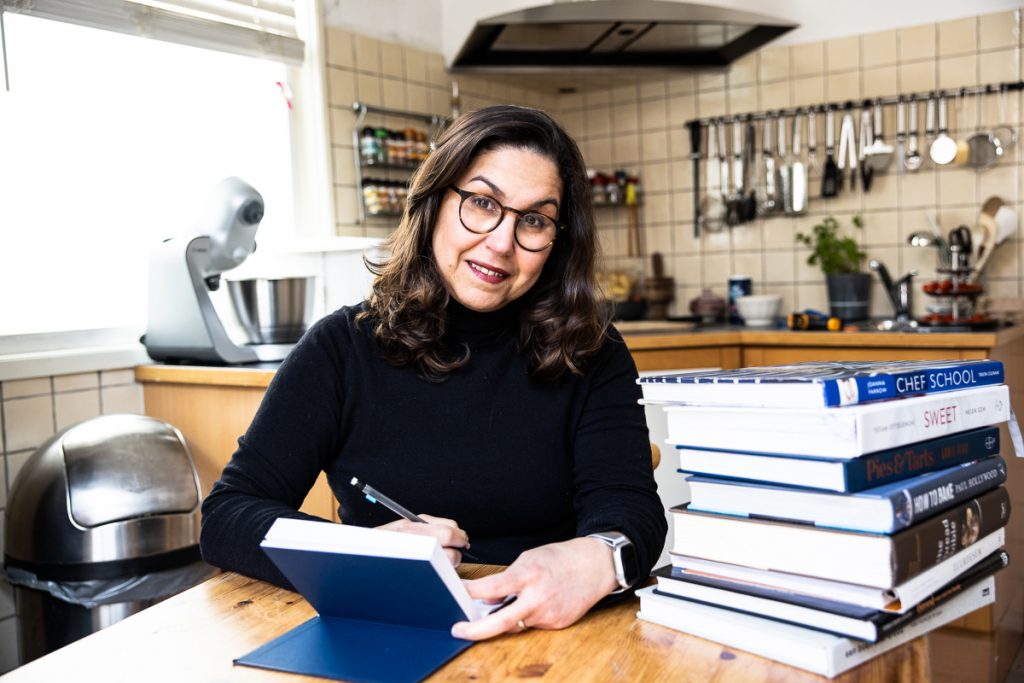
Learning a new skill requires practicing many others. See below 5 things that natural fermentation bread taught me and / or helped me practice.
Read too: Bread and the mania for perfection
What I learned from sourdough bread
1. Planning
The process of making sourdough bread is long and has many steps. And we have to learn to plan well to fit this project into our busy lives. This trains us to plan our activities and organize our schedule.
For example:
- I can do the levain and autolysis in the morning, do my activities and continue the process in the afternoon and evening and bake the bread the next day.
- I can also refresh the levain in a higher proportion of flour and water to allow time to mix the other ingredients.
These are just two examples. There are still many other possibilities for planning your natural fermentation bread. We'll come back to that.
2. Resilience
Like all learning, we have successes, but often, the result is not exactly what was expected. And in that moment, it's breathing, shaking off the flour and trying again. But the most important thing is to try to understand what happened. And this is only possible with comparison. That's why I created the Bread Diary for you to make your notes in an organized way and compare. That's the only way we can make better and better bread.
3. Creativity
When you talk about 3 ingredients, you might think: oh, when I learn it, it's going to be boring. But baking gives you plenty of opportunities to exercise your creativity. Be it in the choice of flours, filling or combination of flavors and even how to decorate a bread. Each loaf is a blank canvas and once you master the way of making cuts, there are no limits to decorating. And yet, when you master the method and know the fermentation process well, you can use all your creativity to develop your recipes.
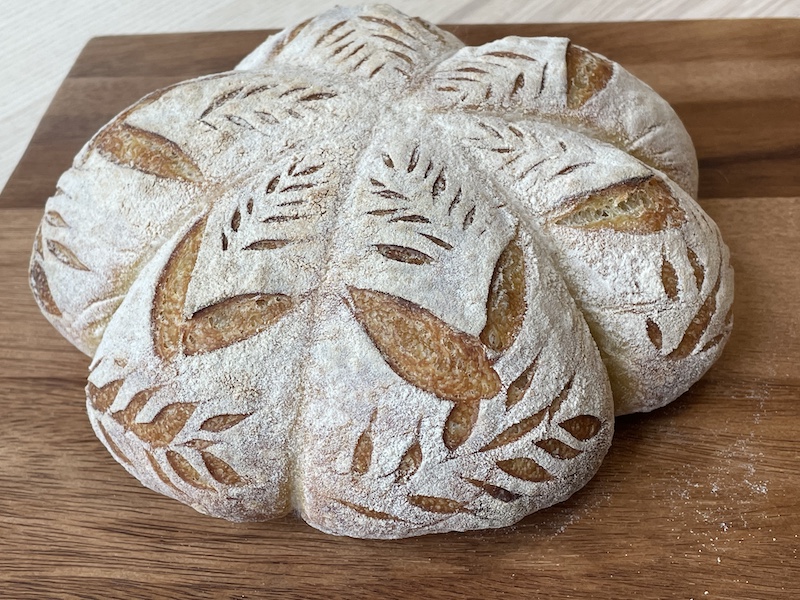
4. Discipline
Making and maintaining natural yeast is simple, but it takes discipline to keep your yeast alive and active. You can have different routines. You can keep it in the fridge and chill it just a day or two before making the bread. Or, if you prefer, do it twice a day. It all depends on how many loaves of bread you are going to make per week. But some discipline you will have to maintain to have your yeast healthy. This requires discipline and dedication.
5. Appreciate simplicity
Rustic bread needs nothing more than flour, water and salt. Since natural yeast is made from flour and water. But in its simplicity and purity, it has an explosion of flavor. This makes us see that, in most cases, less is more. Thus, we learn to value the simple, pure and natural.
Hence you see that learning how to make natural fermentation bread will teach you much more than making bread. Good batches!
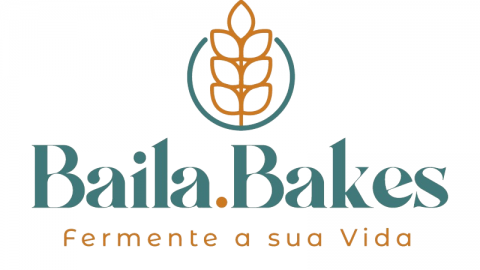
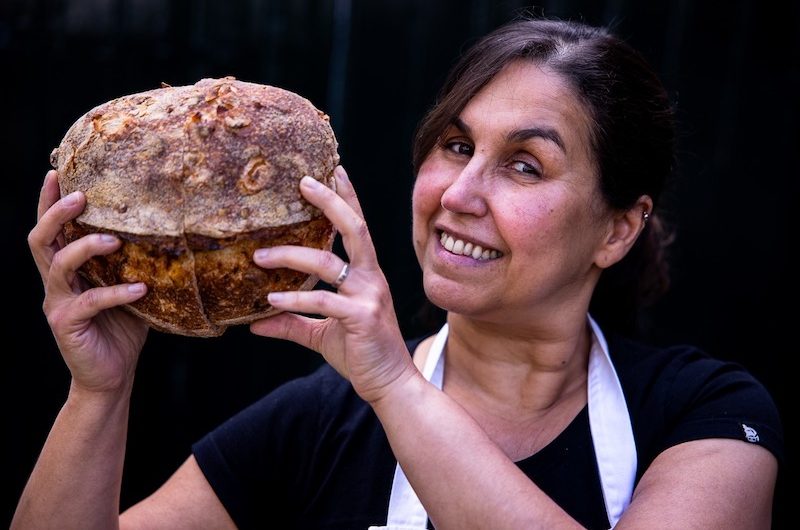
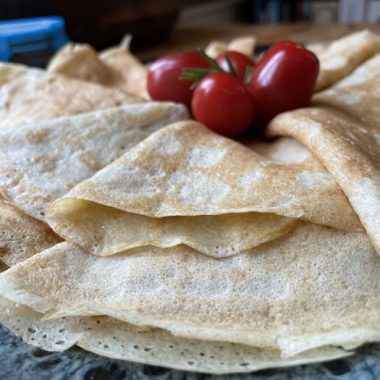
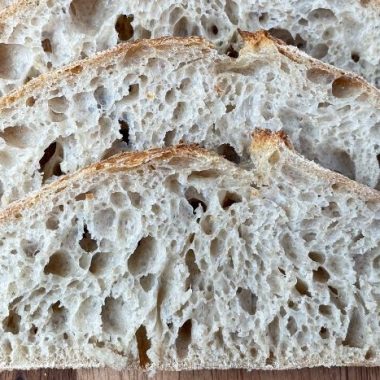










Your comment is inspiring, thanks.
Hello Leandro, how are you? Thank you very much for your comment. Hope you get inspired to make more and more breads.